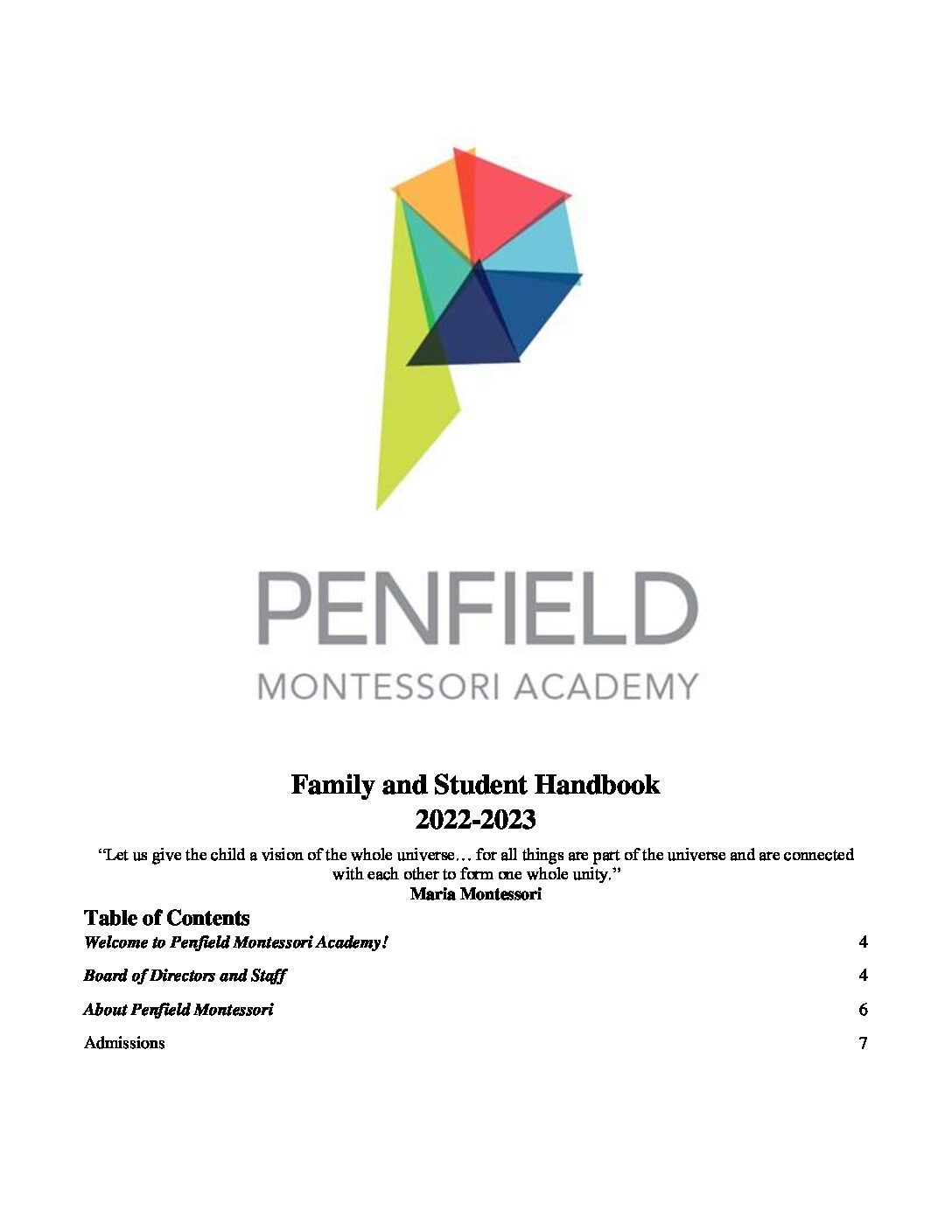It is important for people to use appropriate language when referring to Down syndrome. Proper communication about individuals with Down syndrome with both positive and accurate language is important in education and advocacy and can help individuals avoid choosing words that may be hurtful or offensive in the Down syndrome community. Down syndrome is a different type of diagnosis. It is not a disease. Children and adults are not inflicted by and do not suffer from Down syndrome. Instead it is a natural condition, genetic variation that occurs in all races, socioeconomic categories and both females and males.
People with Down syndrome and other medical diagnoses should always be referred to as people first. Instead of describing someone as “a Down syndrome child,” it should be “a child with Down syndrome.” This is called “person first” language and takes care to put the emphasis on a person, not a disability. Describing the condition as “Down’s”, i.e. “He has Down’s,” or a child as a “Down’s child” should also be avoided. Referring to a disability first is one of the most common misstatements, so it is important to always remember to use “person first” language and teach others to do the same.
While Down syndrome is listed in many dictionaries with both popular spellings (with or without an apostrophe “s”), the preferred usage in the United States is Down syndrome. This is because an apostrophe “s” indicates ownership or possession. Down syndrome is named for the English physician John Langdon Down, who characterized the condition, but did not have it.
Although it is clinically acceptable to say “mental retardation,” it is preferred to use the more socially acceptable “intellectual disability,” “cognitive disability” or “developmental disability.” Parents and advocacy groups condemn the use of the word “retarded” in any derogatory context. Using this word is hurtful and suggests that people with disabilities are not competent. The “R-word” refers to the word “retard(ed).”
Society must instill a great sense of pride and self-esteem in all children, so our language must show that Down syndrome is not terrible or shameful.
R-word.org hosts a campaign that asks people to pledge to stop saying the R-word as a starting point toward creating more accepting attitudes and communities for all people. Language affects attitudes and attitudes affect actions. Pledge today to use respectful, “person first” language.
Have you taken any steps in advocacy of ending the “r-word?”
Amy Bontempo is the Manager of Family and Community Engagement at Penfield Children’s Center. She supervises the Community Outreach Educator, Volunteer Coordinator, Parent Mentor Program, and Family Programs of which Penfield host over 60 per year. She has served on the Board of Directors for the Down Syndrome Association (DSAW) of Wisconsin since 2011 and previously served on the Volunteer Respite Committee for Children’s Service Society now part of Children’s Hospital of Wisconsin Community Services, and the Family Resource Connection of Milwaukee County.
R-word Spread the Word to End the Word. < www.r-word.org/>.
UPS for DownS. United Parent Support for Down Syndrome. <http://www.upsfordowns.org/home.aspx>.



Leave a Reply